Car guides

Here at Motorway, we’re big on cars and bigger on making sure customers get the best price when they sell! If the idea of selling your car, dealing with the DVLA, figuring out Clean Air Zones, or making the big switch to an electric car has you confused, we have a guide for you!
Guide categories
- Car selling guides
- Car buying guides
- Car value guides
- Car ownership guides
- Vehicle types
- Emissions and Clean Air Zone guides
Car selling guides

Get in the fast lane to a successful car sale. Our collection of guides tell you all you need to know to sell your car for its best price here in the UK.

From leasing to loans, financing your car or van can be tricky to navigate. Take the stress away with our in-depth guides.

84% of Motorway customers get more than market price for their vehicles on our platform. Meet real customers who sold their cars and vans for more money with us.
Car buying guides

Buying a vehicle can be a daunting task, find out all you need to know about purchasing your next car with our guides.
Car value guides

Mileage, age, condition, and more impact your car’s value on the resale market. Find out what else shapes vehicle valuation over time.

What drives the prices of used cars? Our guides lift the curtain on the UK’s used car marketplace and explore how you can maximise your vehicle’s value.
Car ownership guides

To legally drive in the UK, you need more than car keys and a driving licence. From MOT certificates to insurance paperwork, learn about the necessary documents every driver needs.
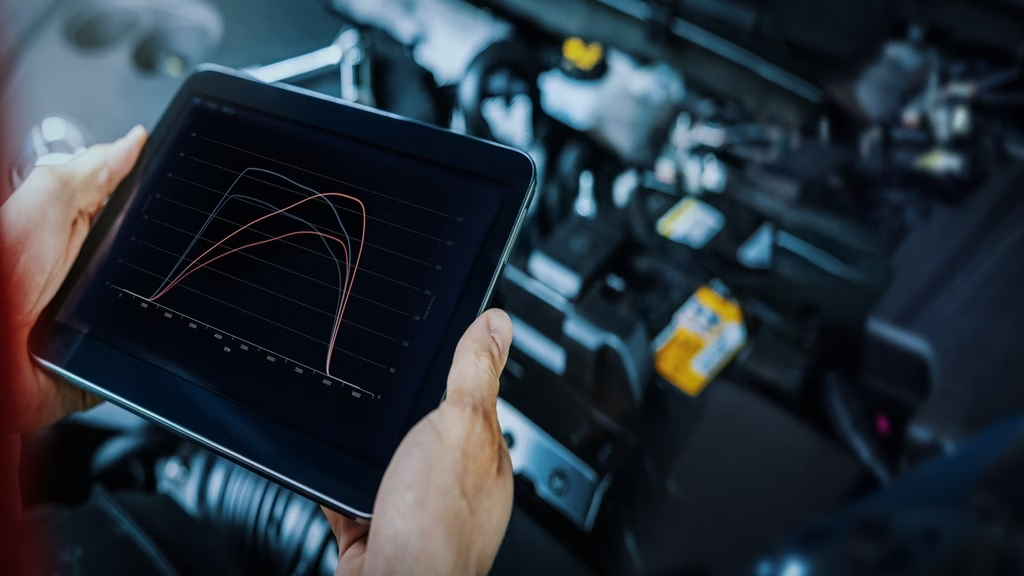
Is your vehicle MOT compliant? Are your insurance and road tax up to date? Motorway’s suite of tools gives you the information you need about your vehicle status.

Car insurance doesn’t have to be a head scratcher. Navigate the complexities of insuring your vehicle with our comprehensive guides.

Vehicle Excise Duty (VED), or road tax, is a legal requirement in the UK. Learn the ins and outs of car taxation, including different tax bands and how to pay your annual tax.

Keeping your car in top shape protects its performance and value over time. Get our top tips for vehicle maintenance with our collection of guides.

The Driver and Vehicle Licensing Agency maintains information on all drivers and vehicles across the UK. Read up on the DVLA’s motorist requirements to legally stay on the road.
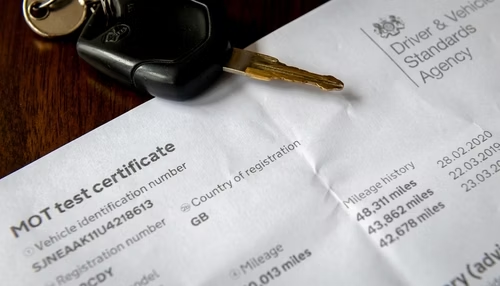
The UK Ministry of Transport makes sure all cars are safe and roadworthy before they hit the road. Find out about MOT requirements, including the annual MOT exam.
Vehicle types
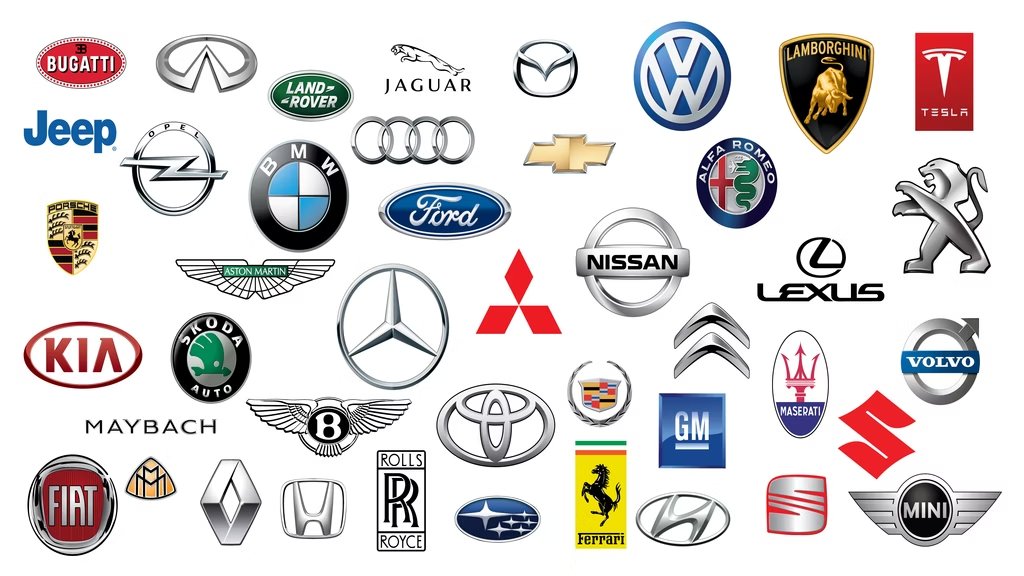
Explore different car manufacturers and see which models hold their value over time. Whether you’re interested in Italian luxury cars or the latest in Japanese technology, we’ve got a guide for you.

There’s a lot to consider when driving a diesel vehicle in the UK today. We break down what you need to know about buying, owning, and selling diesel cars and vans.
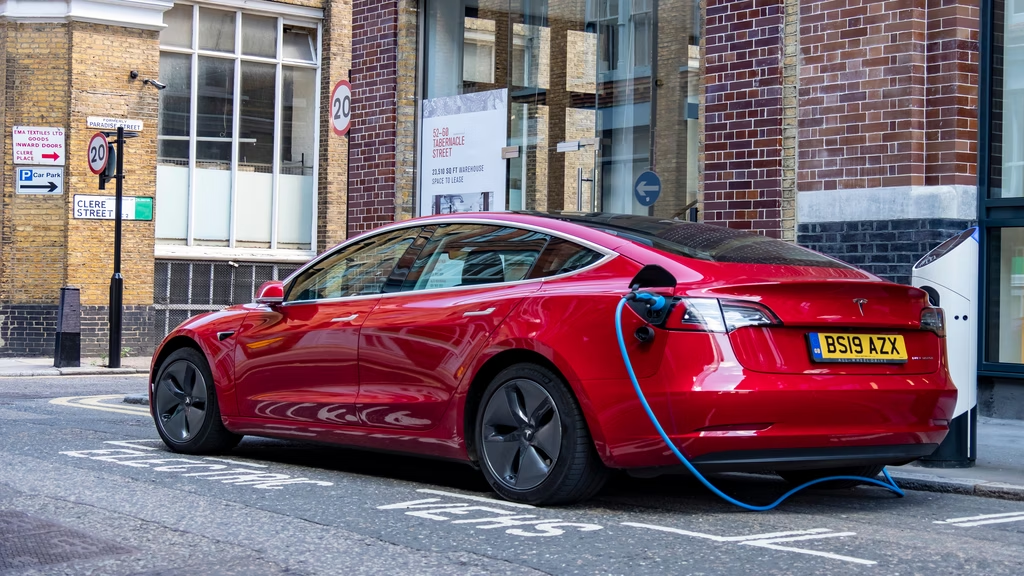
EVs promise greener, more sustainable transportation for the 21st century. Ahead of the 2035 electric switchover, get in the know about the electric future of cars.
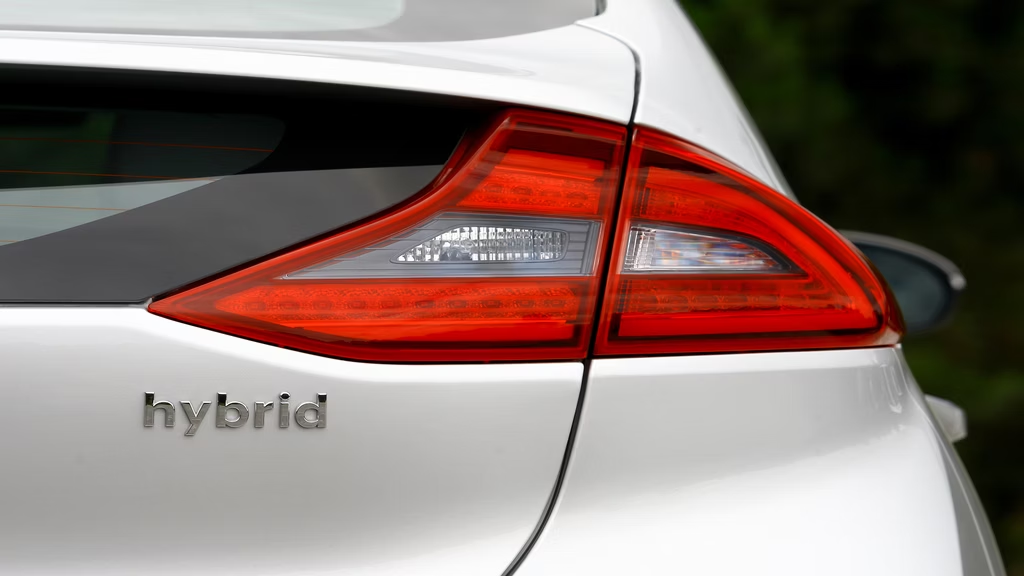
Hybrid cars are a halfway option between petrol and fully electric vehicles. We answer your biggest questions about hybrid ownership.

Petrol is the most common fuel for cars and vans across the UK. But with new emissions regulations, will they become a thing of the past?

There’s always demand for quality vans in the used car market. But there are also additional factors to consider when buying or selling – here’s what you need to know.
Emissions and Clean Air Zone guides

Demand for electric vehicles is booming, but there’s a lot to consider. Dive into the latest on EVs and alternative fuel cars and vans with our detailed guides.

To reduce air pollution across the country, the UK is expanding vehicle emissions regulations. From London’s ULEZ to Clean Air Zones across the UK, catch up on the latest requirements.

Euro 6 emissions standards massively impact UK drivers, especially if you have a diesel car or van. Learn more with our guides.
The information provided on this page is for general informational purposes only and should not be considered as professional advice.